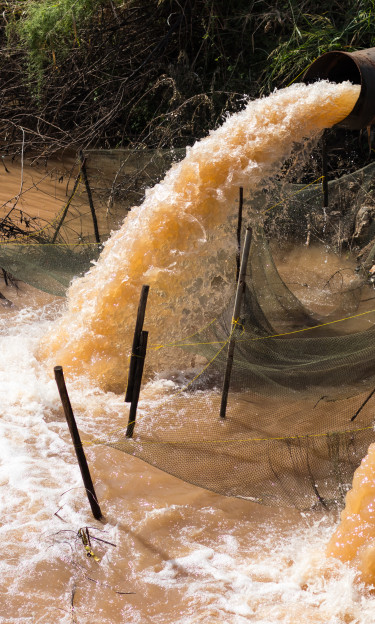Valuing water for the Environment

The environment’s value can be expressed in terms of the role it plays in delivering benefits to people water, such as for drinking, irrigation or industrial use, dealing with extremes such as flooding, or helping to deal with pollution.
The environment–water interface can be proactively managed to address water-related challenges through ‘nature-based solutions’.
This approach centres on the concept that natural infrastructure can function in the same way as built infrastructure, delivering important benefits to people such as the biodiversity conservation, fisheries, recreation and tourism and reducing water-related operational cost.
The environment should be recognized as an asset that must be maintained and managed, thinking to the multiple services it delivers; defining environmental values by monetary-based approaches would undervalue and commodify nature.
Therefore, it is crucial that environmental values include different perspectives of economic valuation, as well as other cultural and societal beliefs.



